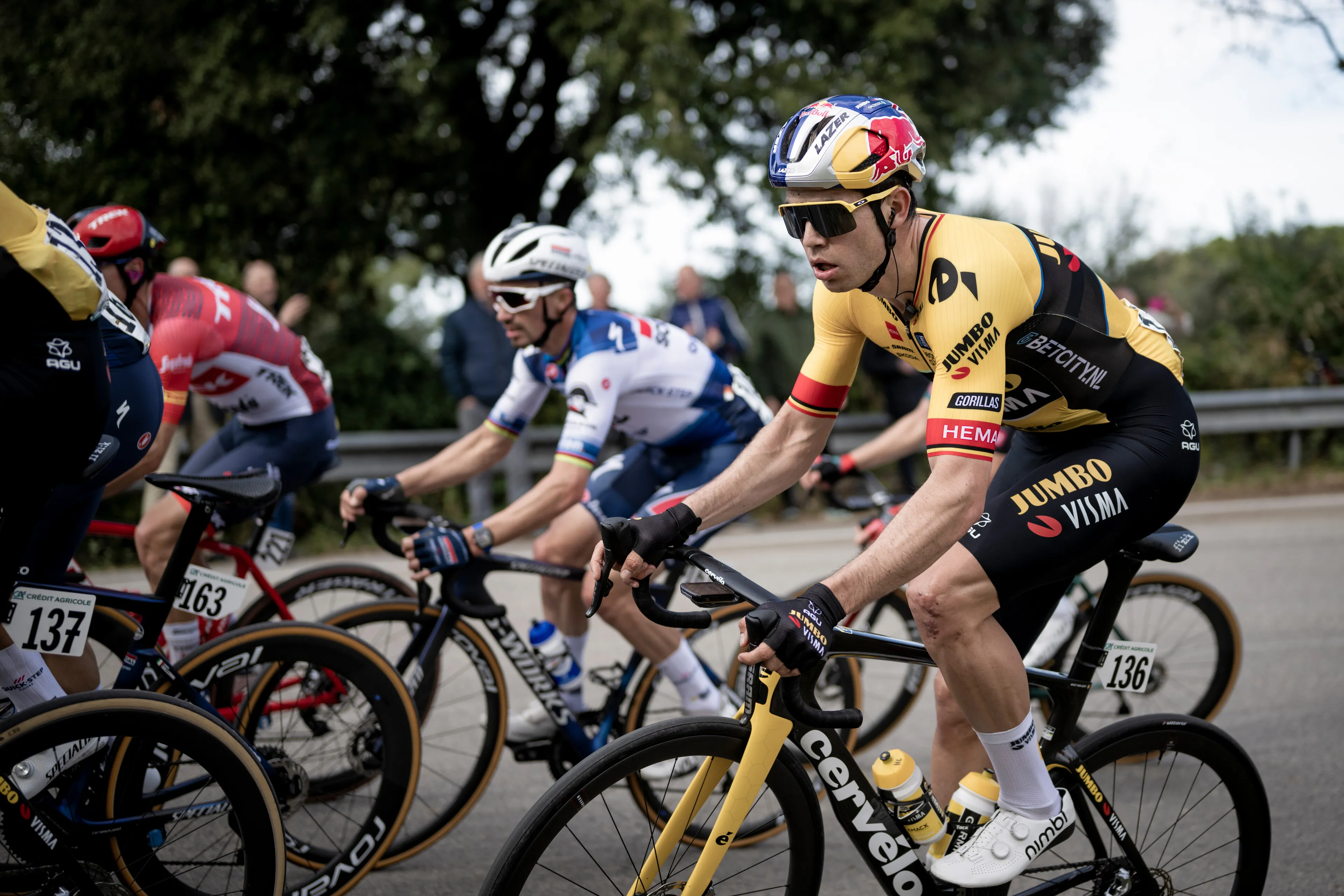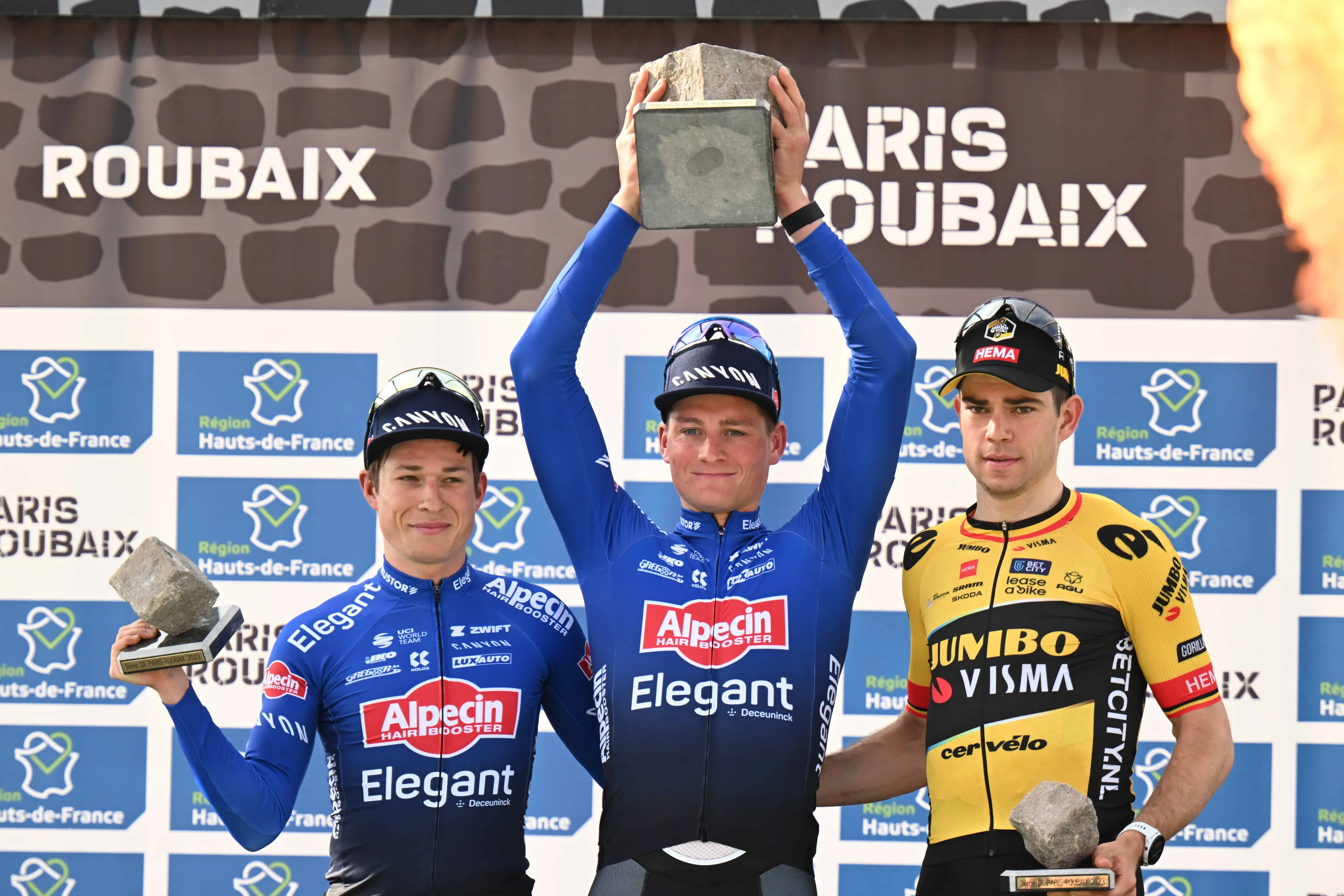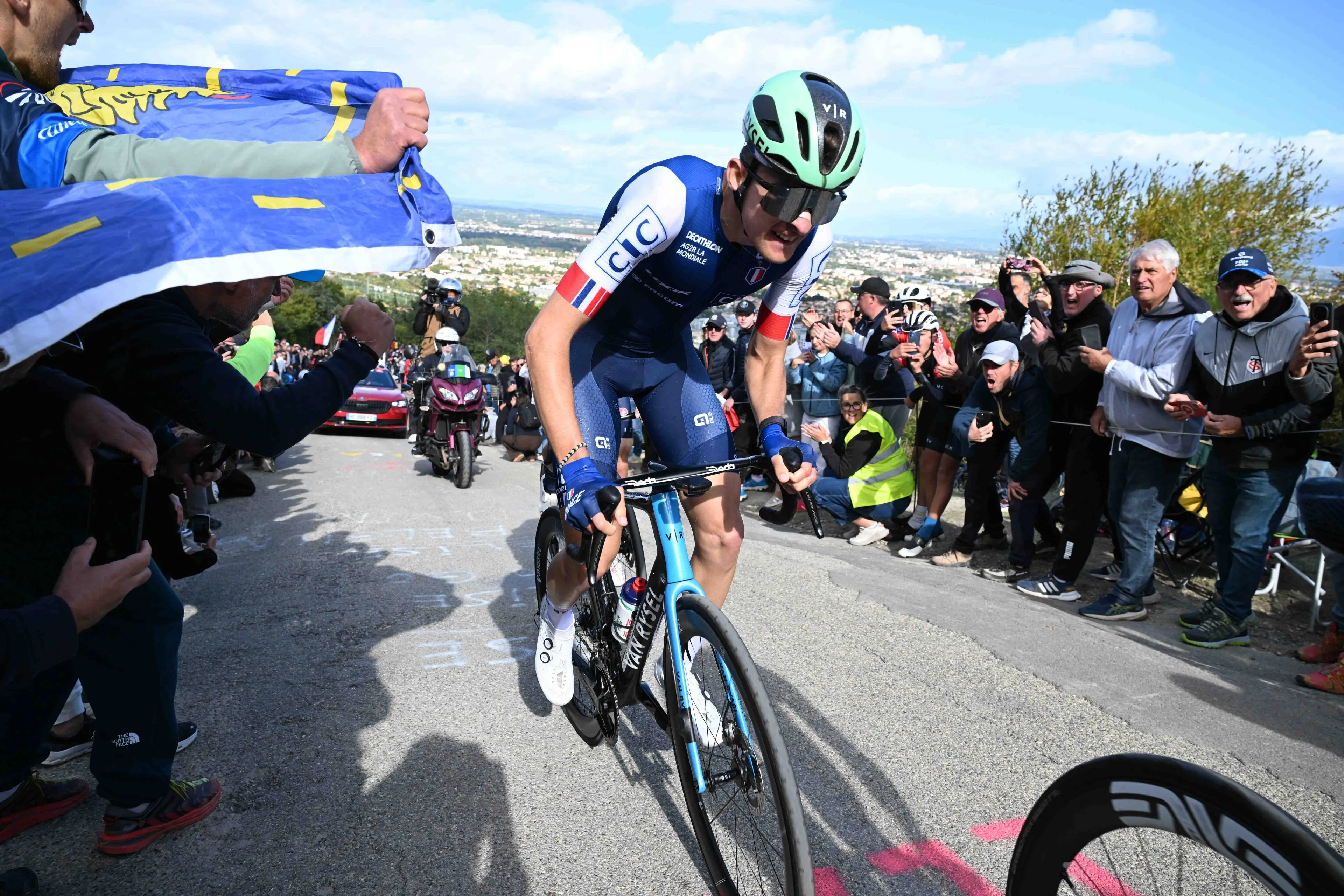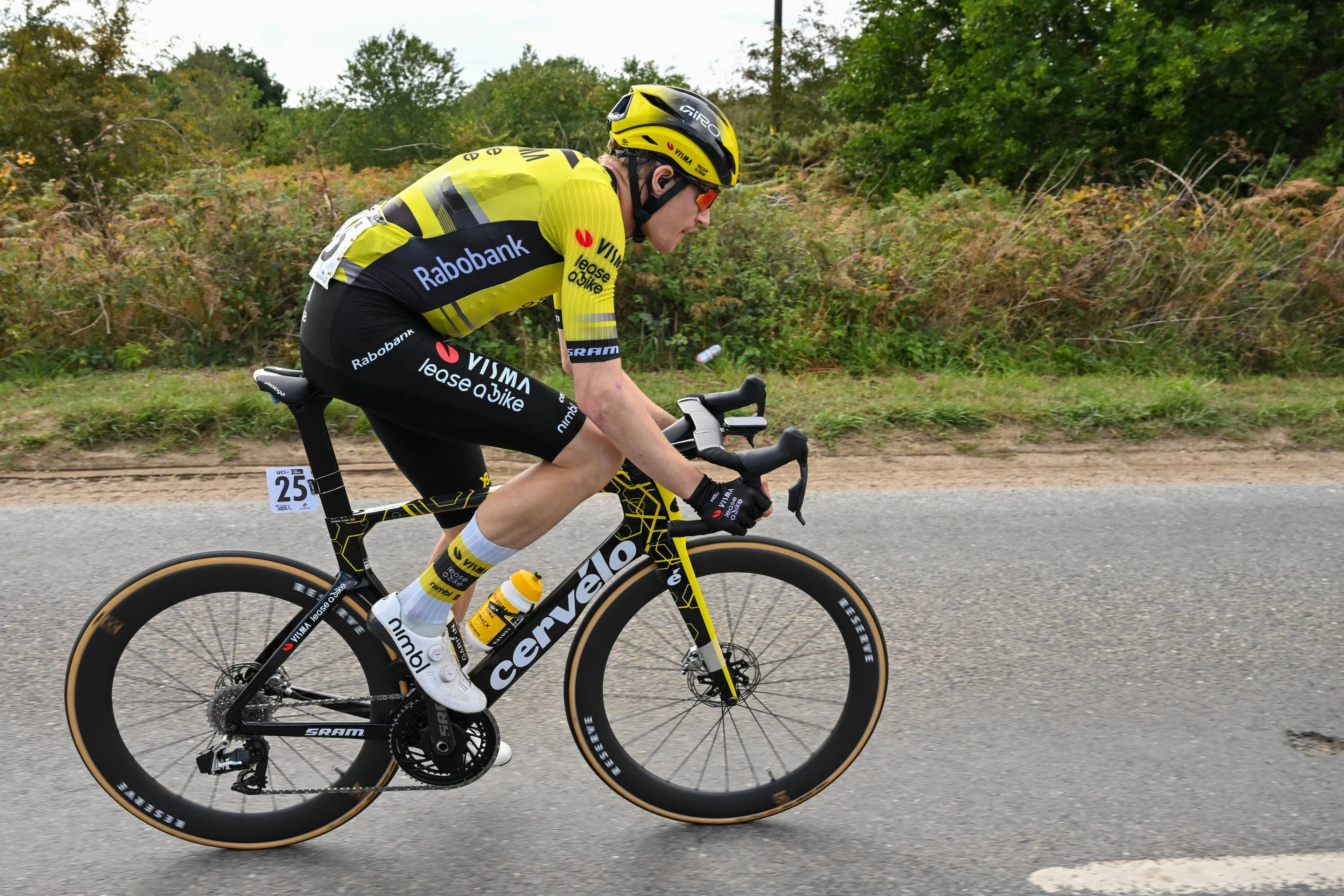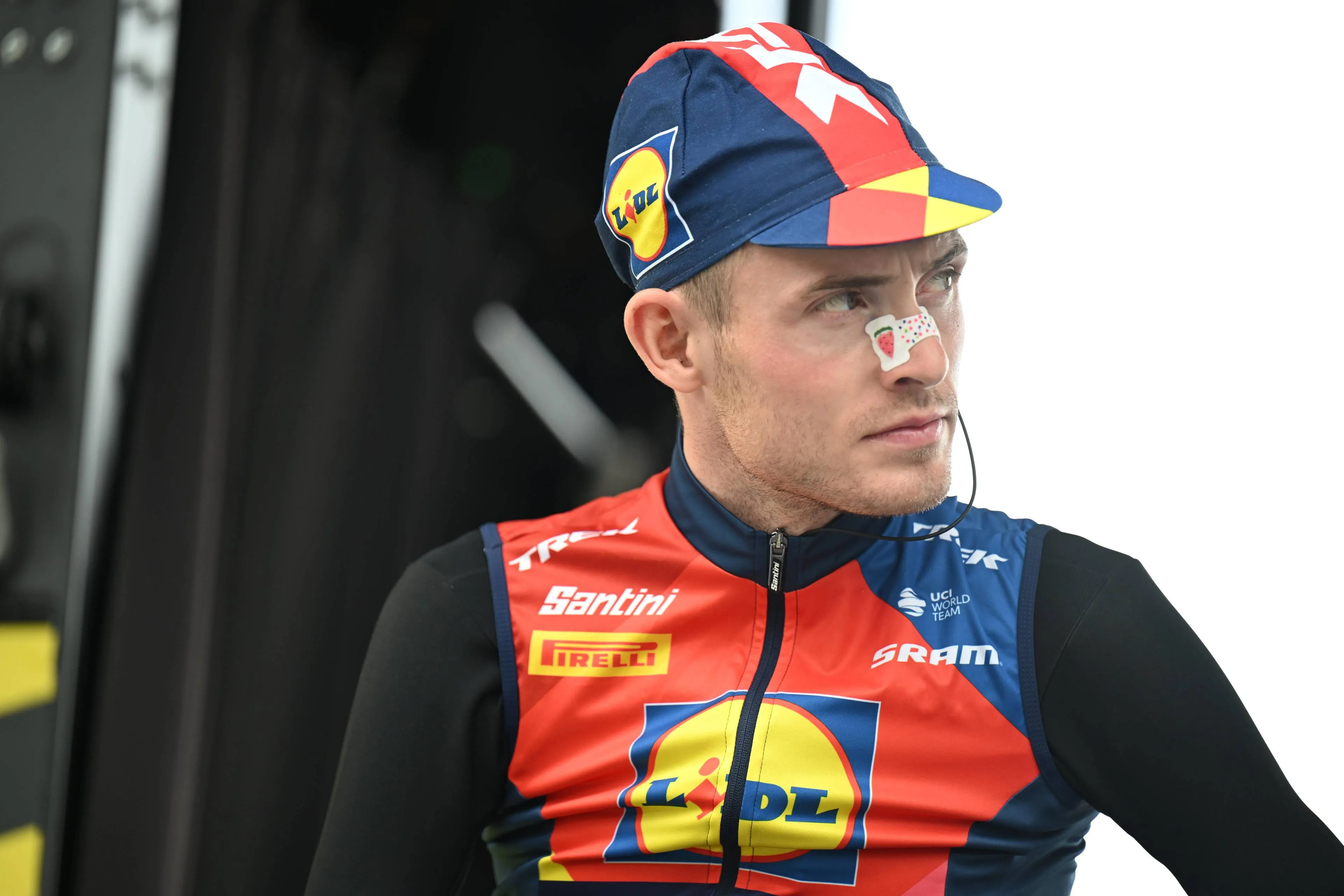Analysing differing preparations of Wout van Aert & Mathieu van der Poel: "Science says that you are at your best the first two to three days after returning from altitude"
CyclingWednesday, 28 February 2024 at 18:30

It's not long until one of the great rivalries of modern cycling opens a new chapter with the renewing of Wout van Aert and Mathieu van der Poel's battles in the Spring Classics over the coming months.
Whilst both were active over the winter over the cyclocross campaign, van Aert rode a much more reduced schedule than van der Poel. With the superstar duo both targeting glory in the coming Classics however, which of the pair has the advantage? Belgian, Ruud Van Thienen - researcher at Ghent University has analysed the differing preparations and attempted to work out an answer to that question.
Read also
"Science says that you are at your best the first two to three days after returning from altitude, or around day fourteen," Van Thienen tells Het Nieuwsblad. "The first days at altitude you have to let your body acclimatize to the lack of oxygen. Energy goes from your system to adapting to the altitude and that is energy that is not available for training. You have to reduce the training volume during your entire altitude training period."
Whilst van Aert has already raced on the road, notably taking victory at Kuurne - Bruxelles - Kuurne, the Belgian recently returned to altitude, skipping Strade Bianche and Milano-Sanremo to focus on peaking for the Tour of Flanders.
Read also
Van der Poel meanwhile, has been staying in the well-known sports hotel Syncrosfera on the Costa Blanca since February 17. Whilst at sea-level, the hotel has state of the art rooms that can simulate the feeling of altitude.
"Theoretically, that is an advantage. During intensive training or if you feel a little less, you can set the height a little lower," says Van Thienen. "And the disadvantage of that altitude room is that you have to spend as much time as possible in your room, which is mentally more demanding. And if, for example, you complete a six-hour endurance training outdoors, that is also six hours in which you have no altitude stimulus, which you would have if you stayed and trained outside at a real altitude."
Read also
claps 1visitors 1
Just in
Popular news
Latest comments
- Very convenient to not acknowledge the facts I put out... That remco was more than a minute and 20 up. Even if remco lost 15 seconds every single mountain stage there after he'd still winbruins3013-12-2025
- bless Toon and his familymij13-12-2025
- he is so crazy confident. can’t wait to watch him back on the bike.mij13-12-2025
- they are being coy like it is some big reveal, for a rider that hasn’t won anything. the headlines this guy gets is amazing. yes, he is a talent, but wow like he’s a second coming.mij13-12-2025
- If a team has not decided what their top guy is going to do after the route reveal, then that team is not professional enough.abstractengineer13-12-2025
- Yes, if he succeeds good for him but against Pogi Jonas, nah. Remco, if he crashesabstractengineer13-12-2025
- The team just screwed him because he talked to the media openly. He could easily do Giro Vuelta without any problems to Milan, be that extra optionabstractengineer13-12-2025
- The failure of the team to integrate their top stars will bite them. Milan and Pedersen are not the same rider typesabstractengineer13-12-2025
- "I learned professionalism, discipline and vision." I laughed hard after thatabstractengineer13-12-2025
- Looks like a nice chap. Though not much is known about him.
 KerisVroom13-12-2025
KerisVroom13-12-2025
Loading
1 Comments
